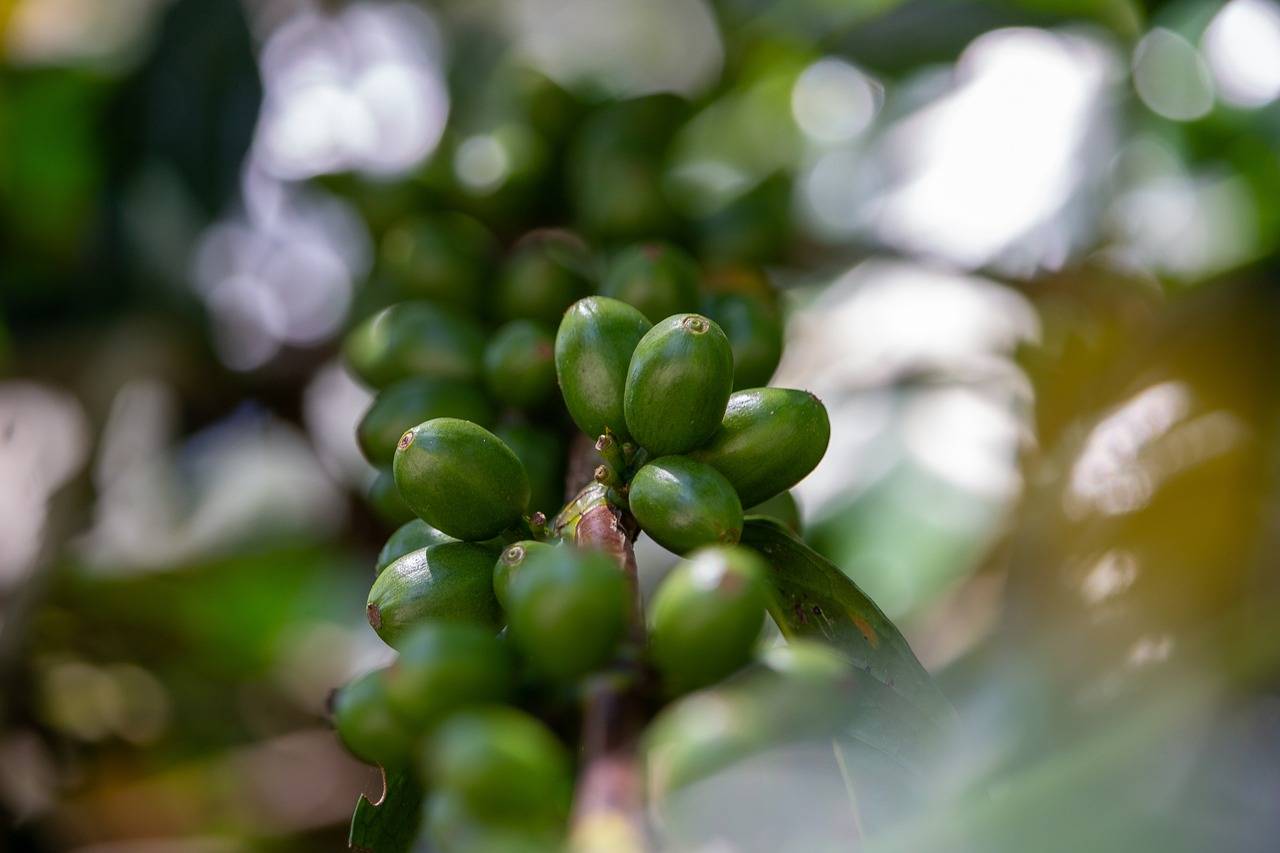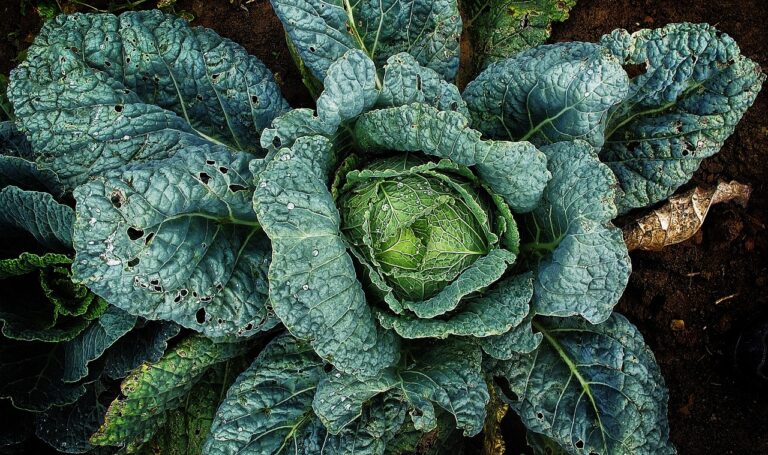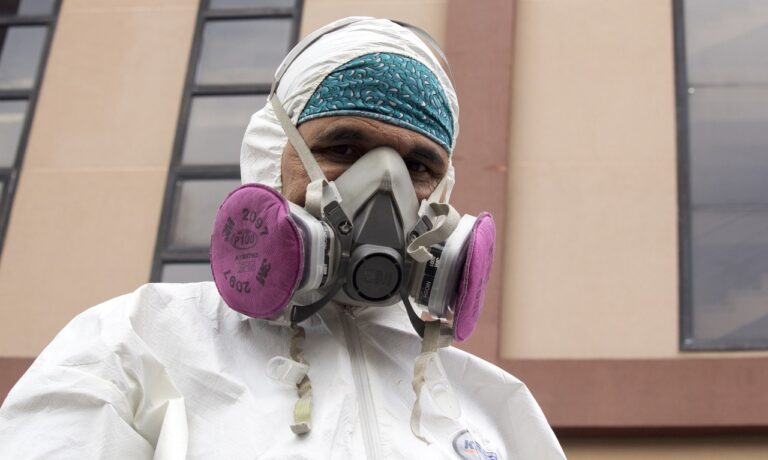Pharmacogenomics in Conservation Biology: Personalized Approaches to Wildlife Conservation: Bit bhai 9, Radhe exchange, Lotus365.win login
bit bhai 9, radhe exchange, lotus365.win login: Pharmacogenomics in Conservation Biology: Personalized Approaches to Wildlife Conservation
In the field of conservation biology, scientists are always looking for innovative ways to protect and preserve endangered species. One emerging approach that holds great promise is pharmacogenomics, which involves studying how an individuals genetic makeup influences their response to medications. By applying this personalized medicine approach to wildlife conservation, researchers can tailor treatment plans to meet the specific needs of individual animals, ultimately improving the success of conservation efforts.
Understanding Pharmacogenomics in Conservation Biology
Pharmacogenomics combines the fields of pharmacology (the study of drugs) and genomics (the study of genes) to analyze how genetic variations can influence an individuals response to medications. By studying an animals unique genetic profile, researchers can identify which medications are most likely to be effective and which may cause adverse reactions. This personalized approach allows for more targeted and efficient treatment plans, leading to better outcomes for endangered species.
Benefits of Applying Pharmacogenomics to Wildlife Conservation
– Improved Treatment Efficacy: By tailoring treatment plans to an animals specific genetic makeup, researchers can increase the likelihood of successful outcomes and better manage health conditions in endangered species.
– Reduced Adverse Reactions: Understanding how an individuals genetics influence their response to medications can help prevent adverse reactions and minimize potential harm to wildlife.
– Enhanced Conservation Efforts: By employing personalized approaches to wildlife conservation, researchers can increase the overall effectiveness of conservation programs and better protect endangered species from extinction.
Challenges and Future Directions
While pharmacogenomics offers exciting possibilities for conservation biology, there are still challenges to overcome. These include the need for more research to expand our understanding of how genetic variations impact drug responses in wildlife, as well as the development of specialized tools and technologies for analyzing genetic data in non-domesticated species. Moving forward, continued collaboration between geneticists, veterinarians, and conservation biologists will be essential to advance the field of pharmacogenomics in wildlife conservation.
FAQs
Q: How can pharmacogenomics benefit endangered species?
A: Pharmacogenomics allows researchers to tailor treatment plans to meet the specific needs of individual animals, leading to improved treatment efficacy and reduced adverse reactions.
Q: What are some potential challenges of applying pharmacogenomics to wildlife conservation?
A: Challenges include the need for more research on genetic variations in wildlife and the development of specialized tools for analyzing genetic data in non-domesticated species.
Q: How can researchers collaborate to advance pharmacogenomics in conservation biology?
A: Collaboration between geneticists, veterinarians, and conservation biologists is essential to expand our understanding of how genetic variations influence drug responses in wildlife and develop personalized treatment plans for endangered species.
In conclusion, pharmacogenomics holds great promise for advancing personalized approaches to wildlife conservation. By studying how an individuals genetic makeup influences their response to medications, researchers can tailor treatment plans to meet the specific needs of endangered species, ultimately improving the success of conservation efforts. As the field of pharmacogenomics continues to evolve, it is essential to foster collaboration and innovation to ensure the continued protection and preservation of our planets biodiversity.







